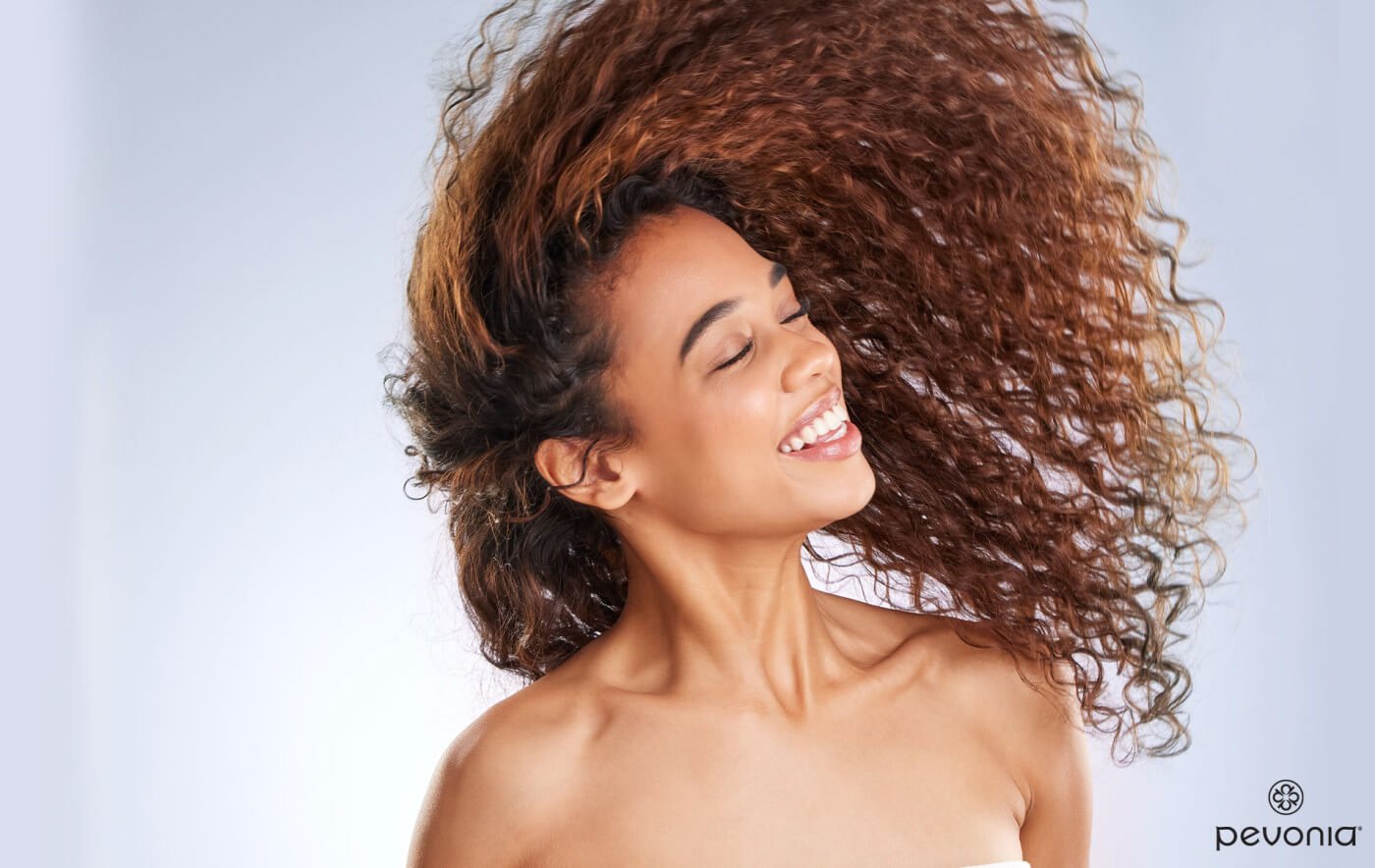
What to Eat for Thicker, Healthier Hair
Skimp on nutrition and your hair will show it! While a healthy diet is a given for total wellness, sometimes, we forget the importance of proper nutrition for healthy scalp and hair loss prevention. Seeing hair break or fall out is a wake-up call to redouble efforts to eat better. Underlying nutritional deficiencies are often the root of the problem. As our hair is not essential for survival, everything consumed goes towards our organs first. And, when diets lack the nutrients our bodies need to function optimally, that essentially starves the hair follicles – one of the top hair thinning causes. Here’s what to eat to maintain (or regain) a more lustrous mane:
Get plenty of protein: Hair is comprised of a whopping 19 amino acids and needs protein-rich eggs, fatty fish, meat, and milk to keep hair loss at bay. That is why some experts recommend a carnivore diet and hair loss products or a Keto diet and hair loss solutions that support scalp health and hair thickness. A vegan diet and hair loss resolution is challenging but possible with algae, fortified cereal and other foods, mushrooms, and vitamin B12 supplementation.
Consume mineral-rich foods: Incorporating Iron, Zinc, Iodine, Copper, Selenium, and Magnesium into your diet can aid scalp health and hair growth.
- Iron and Zinc found in cereals, dark chocolate, legumes (beans, chickpeas, lentils, and soy), nuts, oysters, and whole grains are the main minerals essential for hair health.
Iron is required to produce adequate red blood cells, stimulating cell growth, DNA, and RNA production. When we don’t get enough, it impacts our oxygen and hemoglobin levels, leaving little for our follicles. For an extra dose of Iron (crucial for hair loss in women due to monthly cycles), incorporate clams, dried fruits, dark leafy greens, organ meats, seeds, and spirulina. However, the best source is heme-iron from poultry, seafood, and red meats. Zinc helps your body metabolize nutrients and grow and repair tissues. You can also up your intake of chicken, dairy, meat, seafood (especially shellfish) and seeds to get more Zinc.
- Iodine is another mineral that some sources suggest helps with hair health, as it affects thyroid health. (It is advisable to get your thyroid hormones checked as they help control hair follicle growth and, when they are lacking, are a prime culprit of hair thinning and hair loss.)
Try seaweed snacks, sprinkle some iodized salt on your food (not too much if you have blood pressure or other health issues), or add lima beans, cod, shrimp, or tuna to your menu rotation.
- Copper found in beans, nuts, organ meats, oysters, potatoes, shellfish, and whole grains may help stimulate the hair follicles, increasing oxygenation, nutrition, and new hair growth.
- Selenium from Brazil nuts, organ meats, and seafood can help thyroid function, protect against oxidative stress, and aid hair growth.
- Magnesium helps increase blood flow and oxygenation while inhibiting inflammation. It is available in avocados, bananas, dark chocolate, fatty fish, leafy greens, legumes, nuts, seeds, tofu, and whole grains.
Fill up on antioxidant-rich fruits and veggies: Vitamin C-rich berries, spinach, and other produce high in antioxidant vitamins A, C, and E are essential for helping defend hair against free radical damage and supporting iron bioavailability.
Get your Vitamin D sans the sun: Vitamin D helps stimulate the hair follicles, with low levels resulting in less new hair growth. It is also believed to play a role in alopecia, an autoimmune-related hair loss disease that causes bald patches in hair. Beef liver or cod liver oil, fortified juices, milk, salmon, sardines, and tuna are better sources than getting Vitamin D from the sun. (It makes no sense to increase your risk of UV damage and skin cancer to acquire better hair!)
Boost your intake of B Vitamins: Vitamin B2 (Riboflavin), B7 (Biotin), B9 (Folate), and B12 are also vital for hair health.
- B2 (Riboflavin) in dairy, chicken breast, eggs, lean beef and pork, organ meats (liver and kidney), and salmon play a role in fat and protein metabolism, energy production, and cellular development.
- B7 (Biotin) from avocado, sweet potato, and dietary proteins like eggs, nuts, pork, salmon, and seeds is vital for amino acid, fatty acid, and glucose metabolism.
*Note: Riboflavin and Biotin deficiency is extremely rare.*
- Folic acid (B9) aids protein metabolism, red blood cells, and nucleic acid synthesis, making deficiency a potential cause of hair issues. It is present in beans, dark leafy greens, eggs, fortified foods, fruit, liver, peanuts, seafood, seaweed, sunflower seeds, and whole grains.
- Vitamin B12 (Cobalamin) is essential for red blood cell production and healthy hair follicles. A deficiency limits the amount of oxygen our hair follicles receive, resulting in hair thinning and hair loss. If you don’t regularly eat egg yolks, clams, beef, beef liver, or beef kidneys, add fortified nutritional yeast to your morning smoothie!
Complete your new dietary plan with hair growth products that work, starting with a revitalizing hair and scalp health shampoo and conditioner combined with a serum for hair fall and thinning to minimize breakage and regain thicker, shinier, more manageable strands. As with any new diet or supplement routine, consult your physician before making these or any other lifestyle changes.
